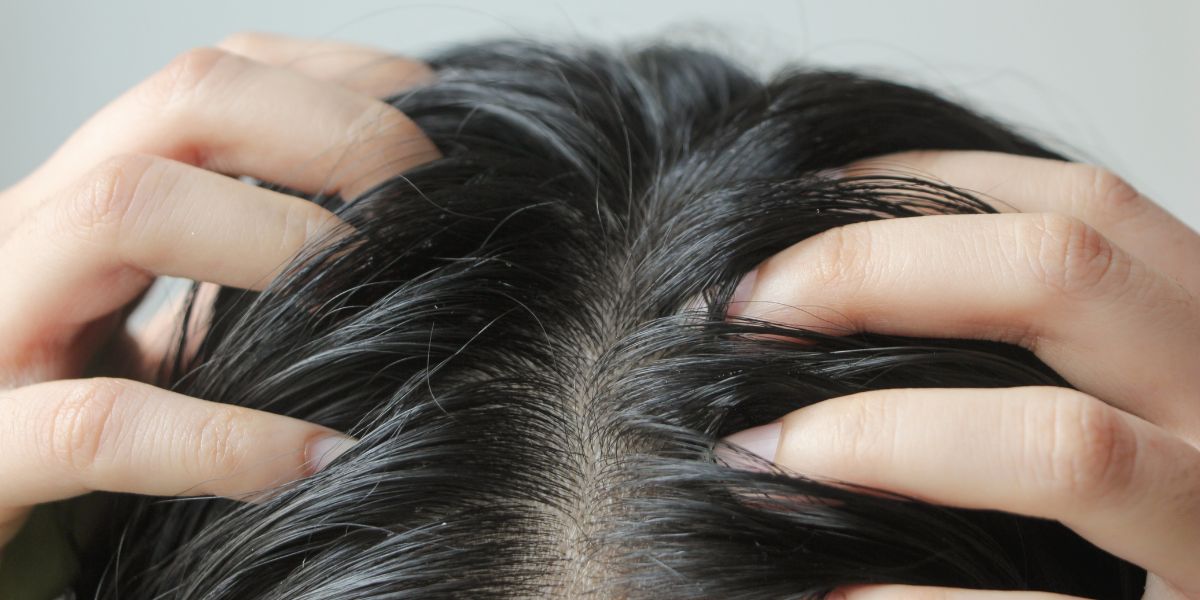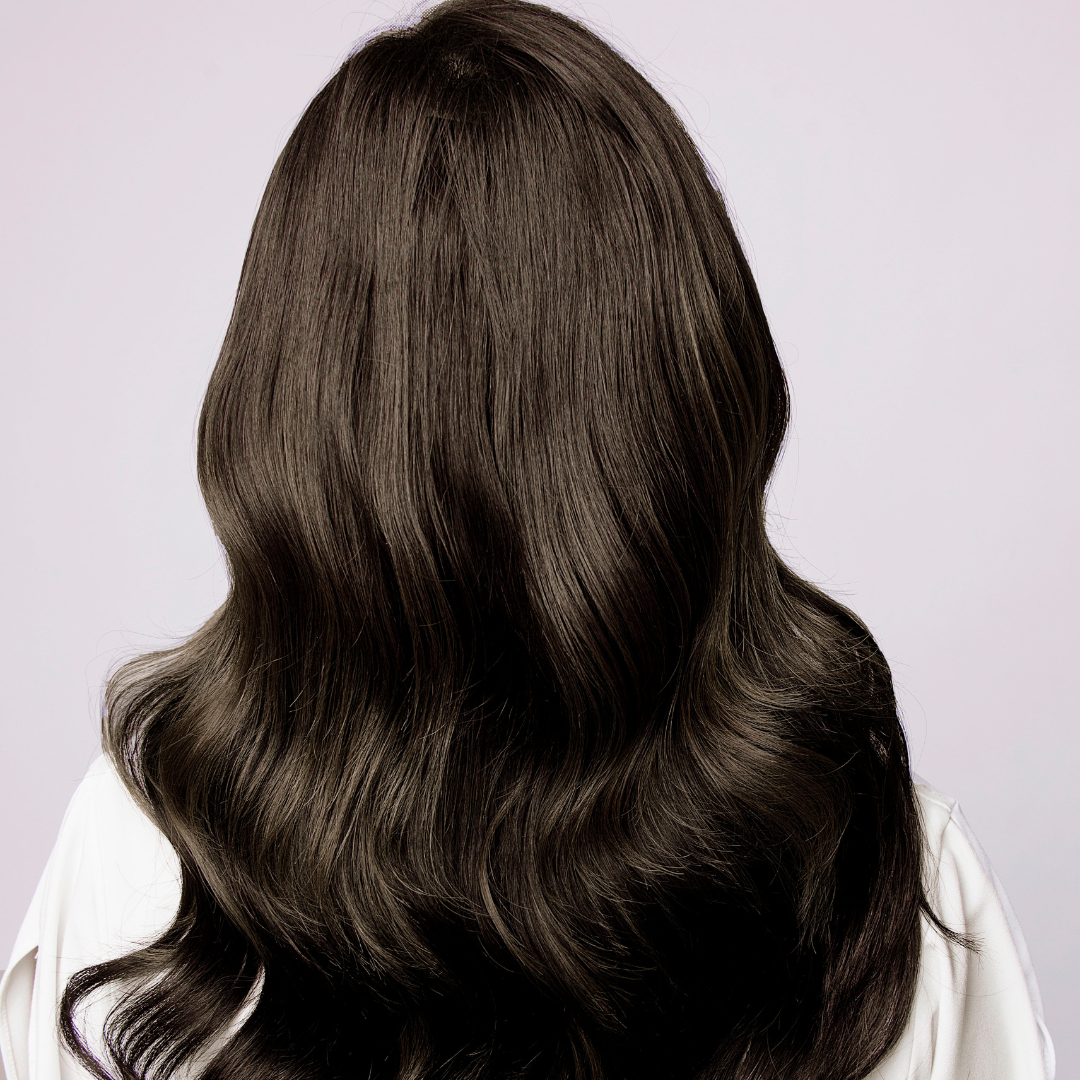Hair loss is a common condition that affects both men and women, and it can be caused by a wide range of factors. While it's normal to shed some hair every day, excessive hair loss can be a cause for concern, and it's essential to address the underlying causes to promote healthy hair regrowth. In this article, we will explore some of the key factors that contribute to hair loss and discuss a comprehensive approach to hair regrowth that addresses the root causes while targeting the symptoms.
Causes of Hair Loss
Hair loss is a multifactorial condition that can be caused by various factors, including hormonal imbalances, nutritional deficiencies, stress, scalp health, and environmental damage. Hormonal imbalances, such as those caused by thyroid issues, polycystic ovary syndrome (PCOS), and hormonal shifts during pregnancy or menopause, can disrupt hair growth cycles and lead to hair loss. Imbalances in male or female hormones can also cause hair loss, particularly in men with androgenetic alopecia, commonly known as male-pattern baldness.
Nutritional deficiencies, especially those of iron, vitamins D and E, and proteins, can severely impact hair strength and growth. Iron deficiency, in particular, is a common cause of hair loss and can lead to thinning and brittle hair. Vitamin D deficiency can also affect hair growth, as it plays a critical role in the hair follicle cycle. Protein deficiency can lead to hair thinning and breakage, as hair is primarily made of keratin, a form of protein.
Stress, both physical and emotional, can push hair follicles into a resting phase, leading to noticeable shedding. Telogen effluvium is a common type of hair loss that occurs due to stress, and it can be triggered by events such as surgery, illness, or significant emotional stress. Long-term stress can also disrupt hormonal balance, leading to hair loss.
Scalp health is another crucial factor that affects hair growth. Conditions like seborrheic dermatitis, scalp psoriasis, and fungal infections can impede hair growth and cause hair loss. Poor scalp hygiene, including excessive oil buildup, can also clog hair follicles and impede healthy hair growth.
Environmental factors like pollution, UV exposure, and harsh chemical treatments can also damage hair follicles, leading to hair loss. Exposure to environmental toxins can disrupt hair growth cycles, leading to hair loss. Overuse of hair styling products or excessive heat styling can also lead to hair breakage and thinning.
A Comprehensive Approach to Hair Regrowth
To combat hair loss effectively, it's imperative to adopt a comprehensive approach that addresses the underlying causes while targeting the symptoms. A holistic approach to hair regrowth involves making dietary adjustments, taking care of the scalp, considering lifestyle changes, and promoting overall hydration and well-being.
Dietary Adjustments
One of the most critical aspects of promoting healthy hair growth is a balanced and nutritious diet. It's essential to prioritize foods that are high in omega-3 fatty acids, antioxidants, vitamins (especially A, E, and the B-complex), and minerals like zinc and selenium. Protein is also crucial for hair health, as hair is primarily made of keratin, a form of protein. Some of the best foods for promoting hair growth include fatty fish, eggs, spinach, sweet potatoes, nuts, and seeds.
Scalp Health
Regular scalp massage with herbal oils (such as Rosemary, Amla, and Bhringraj) can improve blood circulation to the hair follicles, promoting growth and health. Keeping the scalp clean and balanced is vital, and it's best to choose gentle, sulfate-free hair care products that do not strip the scalp of its natural oils. Natural extracts like Amla can support hair health by balancing hormone levels and providing antioxidants.
Lifestyle Changes
Stress management practices, such as yoga, meditation, and regular exercise, can significantly reduce stress levels, potentially minimizing hair loss. Avoiding tight hairstyles, minimizing heat styling, and reducing chemical treatments that can stress and damage hair follicles are also critical considerations. Adequate sleep is also essential for promoting overall well-being and healthy hair growth.
Hydration
Hydration is key for maintaining optimal cellular function, including those of the hair follicles, so drinking adequate water is essential. Drinking plenty of water can help to flush out toxins from the body and promote healthy hair growth.
Supplements
In addition to a balanced diet, supplements such as biotin, zinc, and silica can help address nutritional gaps that may be contributing to hair loss. It's essential to consult with a healthcare professional before taking any supplements to ensure safety and efficacy.
Final Thoughts
In conclusion, a comprehensive and natural approach to addressing hair loss requires patience, consistency, and dedication. It involves creating a conducive environment for hair growth by making dietary adjustments, taking care of the scalp, considering lifestyle changes, and promoting overall hydration and well-being. For personalized guidance and support throughout the journey to healthier hair, it's best to consult with a trichologist. With a holistic approach, healthy hair growth is achievable, and you can enjoy healthy, beautiful hair for years to come.Hair loss is a multifactorial condition that can be caused by a wide range of factors, including hormonal imbalances, nutritional deficiencies, stress, scalp health, and environmental damage. Hormonal imbalances, such as those caused by thyroid issues, PCOS, and hormonal shifts during pregnancy or menopause, can disrupt hair growth cycles and lead to hair loss.
Nutritional deficiencies, especially those of iron, vitamins D and E, and proteins, can severely impact hair strength and growth. Stress, both physical and emotional, can push hair follicles into a resting phase, leading to noticeable shedding. Scalp health is another crucial factor; conditions like seborrheic dermatitis, scalp psoriasis, and fungal infections can impede hair growth. Environmental factors like pollution, UV exposure, and harsh chemical treatments can also damage hair follicles, leading to hair loss.
To combat hair loss effectively, it's imperative to adopt a comprehensive approach that addresses the underlying causes while targeting the symptoms. It involves creating a conducive environment for hair growth by making dietary adjustments, taking care of the scalp, considering lifestyle changes, and promoting overall hydration and well-being.
A holistic approach to hair regrowth involves making dietary adjustments that prioritize foods that are high in omega-3 fatty acids, antioxidants, vitamins (especially A, E, and the B-complex), and minerals like zinc and selenium. Protein is also crucial for hair health, as hair is primarily made of keratin, a form of protein.
Regular scalp massage with herbal oils (such as Rosemary, Amla, and Bhringraj) can improve blood circulation to the hair follicles, promoting growth and health. Keeping the scalp clean and balanced is vital, and it's best to choose gentle, sulfate-free hair care products that do not strip the scalp of its natural oils. Natural extracts like Amla can support hair health by balancing hormone levels and providing antioxidants, while supplements such as biotin, zinc, and silica can help address nutritional gaps that may be contributing to hair loss.
Stress management practices, such as yoga, meditation, and regular exercise, can significantly reduce stress levels, potentially minimizing hair loss. Avoiding tight hairstyles, minimizing heat styling, and reducing chemical treatments that can stress and damage hair follicles are also critical considerations. Hydration is key for maintaining optimal cellular function, including those of the hair follicles, so drinking adequate water is essential. Overall well-being, including sufficient sleep and a balanced lifestyle, plays a critical role in hair health.
In conclusion, a comprehensive and natural approach to addressing hair loss requires patience and consistency. It involves creating a conducive environment for hair growth by making dietary adjustments, taking care of the scalp, considering lifestyle changes, and promoting overall hydration and well-being. For personalized guidance and support throughout the journey to healthier hair, it's best to consult with a trichologist.



